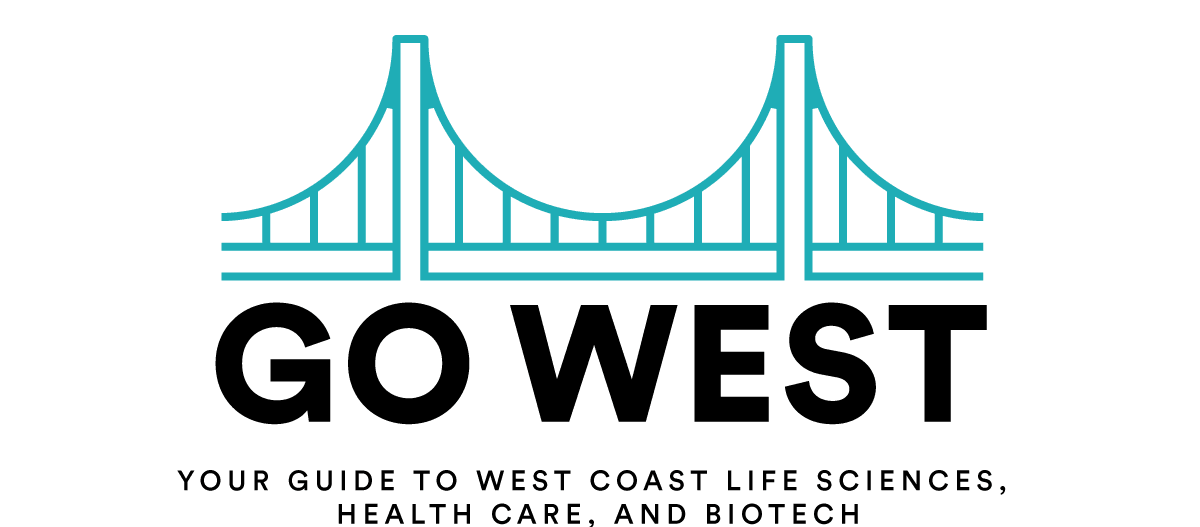

Happy Wednesday, and welcome back to Go West! Special thanks to STAT colleague Andrew Joseph for the assist with this edition. You can follow him @DrewQJoseph.
Now, onto the latest headlines
The One Health Company, a startup in Palo Alto, announced today that it raised $5 million in seed funding to back a quintessentially Silicon Valley pitch: genetic sequencing for dogs with cancer who might be candidates for precision medicine. The company is part of a broader effort to bring precision medicine to veterinary medicine — often in the hope of using those insights to inform the way that cancer gets treated in humans.
Tonight, ABC’s “Nightline” is airing a preview of the Theranos-focused documentary, “The Dropout.” The documentary features footage from depositions of many key players in the rise and fall of the blood-testing company. There’s also a related six-part podcast from ABC Radio starting today, with new episodes available every Wednesday.
With more genetic tests coming onto the market, companies are trying to find ways to differentiate themselves — and tap new ways of spinning the data generated by the tests, Bloomberg reports. In one example, Color Genomics is moving from selling medical tests directly to patients to promoting its products to large employers like Levi Strauss and Visa or hospital systems. Invitae and 23andMe have also shaken up their strategies recently.
Speaking of 23andMe, the company announced this week that its genetic health risk report for hereditary colorectal cancer had been cleared by the FDA. The report, which is not available yet to consumers, looks at two genetic variants tied to hereditary colorectal cancers.
Also this week, the FDA granted a breakthrough device designation to Illumina’s pan-cancer assay, which the company hopes will get regulatory approval as a companion diagnostic.
Vox’s Sarah Kliff reported earlier this month that in San Francisco, the city’s main public hospital and trauma center doesn’t participate in the networks of any private health insurer, leaving patients exposed to surprise bills for emergency services. Now, Kliff reports that the fees at Zuckerberg San Francisco General’s emergency room are higher than at other hospitals in the city and nationally. The fees are set by the city’s board of supervisors.
Facebook is donating $7.5 million to help start the Institute for Ethics in Artificial Intelligence, a research center at the Technical University of Munich, VentureBeat reports. The center will explore ethical issues raised by AI, including those in medicine.
California Gov. Gavin Newsom has tapped pediatrician Dr. Nadine Burke Harris to serve as the state’s first surgeon general. In her role, Burke Harris will be aiming to incorporate social determinants of health into state policy, with a focus on how issues such as adverse childhood experiences and toxic stress affect the health of Californians. She is the founder of the Center for Youth Wellness and will make $200,000 in the new position.
In other California policy news, Assemblyman Kevin Mullin has introduced a bill that would renew state funding for spinal cord injury research at California institutions. The state has had such a program in the past, but the funding ran out in 2011. The aim is to use the state’s money to draw in additional private financing for research.





















.png)









No hay comentarios:
Publicar un comentario